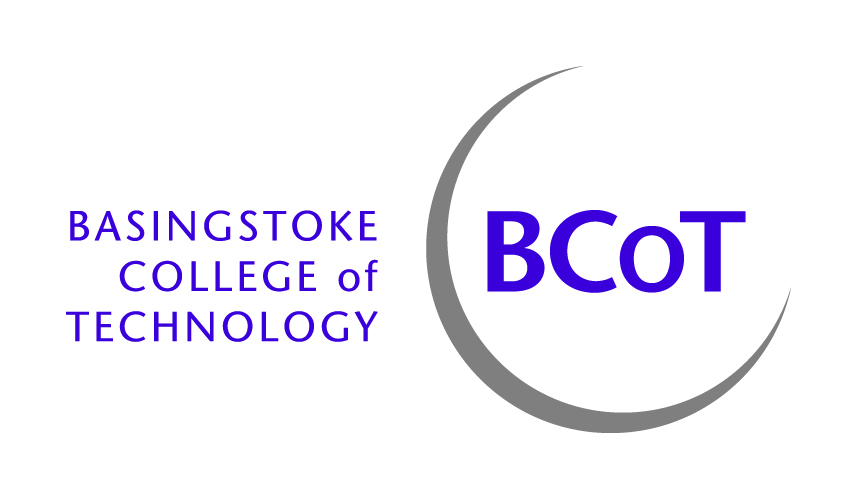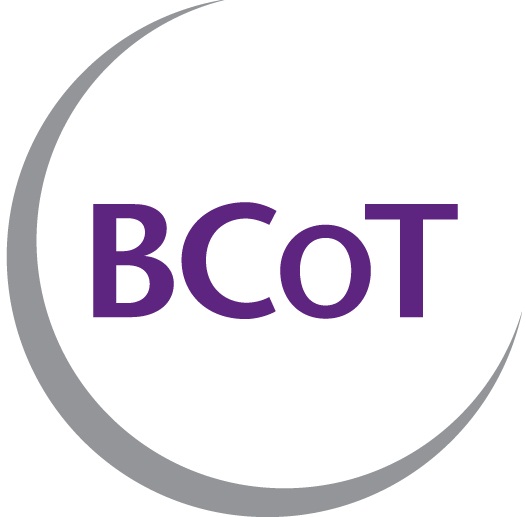Level 5 UOP Foundation Degree Nursing Associate
Level 5 UOP Foundation Degree Nursing Associate
Level 5 UOP Foundation Degree Nursing Associate
Level 5 UOP Foundation Degree Nursing Associate
Level 5 UOP Foundation Degree Nursing Associate
Higher Education
Course Overview
This 2-year qualification in partnership with The University of Portsmouth will follow the Nursing and Midwifery Council's Standards of Proficiency for Nursing Associates. You will undertake theoretical and skills-based learning within University Centre Basingstoke Health and Social Care simulation suit and placements over the 2-year duration in hospitals and community-based settings. You will also visit partner University campuses to undertake different clinic skills-based training within their simulation suits. You will be taught by nursing associates, nurses and doctors who currently practice within the NHS.
Nursing associates work with healthcare support workers and registered nurses to deliver care for patients and the public. It is also a stepping stone to becoming a registered nurse. Nursing associates work across all four fields of nursing: adult, children’s, mental health, and learning disability. Your skills and responsibilities will vary, depending on the care setting you work in. You’ll need to demonstrate the values and behaviours of the NHS Constitution. Once registered as a Nursing Associate, your duties are likely to include:
- undertaking clinical tasks including venepuncture and ECGs
- supporting individuals and their families and carers when faced with unwelcome news and life-changing diagnoses
- performing and recording clinical observations such as blood pressure, temperature, respirations and pulse
- discussing and sharing information with registered nurses on a patient's condition, behaviour, activity and responses
- ensuring the privacy, dignity and safety of individuals is maintained at all times
- recognising issues relating to safeguarding vulnerable children and adults
* Subject to NMC (The Nursing and Midwifery Council) accreditation.
Course Content
1) Being an accountable professional
Nursing associates act in the best interests of people, putting them first and providing nursing care that is person-centred, safe and compassionate. They act professionally at all times and use their knowledge and experience to make evidence-based decisions and solve problems. They recognise and work within the limits of their competence and are responsible for their actions.
2) Promoting health and preventing ill health
Nursing associates play a role in supporting people to improve and maintain their mental, physical, and behavioural health and wellbeing. They are actively involved in the prevention of and protection against disease and ill health and engage in public health, community development, and the reduction of health inequalities.
3) Provide and monitor care
Nursing associates provide compassionate, safe and effective care and support to people in a range of care settings. They monitor the condition and health needs of people within their care continually in partnership with people, families, and carers. They contribute to ongoing assessment and can recognise when it is necessary to refer to others for reassessment.
4) Working in teams
Nursing associates play an active role as members of interdisciplinary teams, collaborating and communicating effectively with nurses, a range of other health and care professionals and lay carers.
5) Improving safety and quality of care
Nursing associates improve the quality of care by contributing to the continuous monitoring of people’s experience of care. They identify risks to safety or experience and take appropriate action, putting the best interests, needs and preferences of people first.
6) Contributing to integrated care
Nursing associates contribute to the provision of care for people, including those with complex needs. They understand the roles of a range of professionals and carers from other organisations and settings who may be participating in the care of a person and their family, and their responsibilities in relation to communication and collaboration.
7) Communication and relationship management skills
Nursing associates need a diverse range of communication skills and strategies to ensure that individuals, their families and carers are supported to be actively involved in their own care wherever
appropriate, and that they are kept informed and well-prepared.
8) Procedures to be undertaken by the nursing associate
- Demonstrate effective approaches to monitoring signs and symptoms of physical, mental, cognitive, behavioural and emotional distress, deterioration and improvement.
- Provide support in meeting the needs of people in relation to rest, sleep, comfort and the maintenance of dignity.
- Provide care and support with hygiene and the maintenance of skin integrity.
- Provide support with nutrition and hydration; maintaining bladder and bowel health; mobility and safety; respiratory care.
- Preventing and managing infection.
- Meeting needs for care and support at the end of life.
- Procedural competencies required for administering medicines safely.
Entry Requirement
To be accepted on this programme of study you will need:
- GCSEs grade 9/A to 4/C in English and maths, or Functional Skills Level 2 in English and maths.
- Completion of a related Level 3 Health and Social Care or Level 3 Science programme of study having achieved at least 60 UCAS points.
Your entry criteria and qualifications will be discussed at the interview and in some cases we may accept other suitable qualifications or less than 60 UCAS points if you can demonstrate satisfactory experience within the sector.
You will be invited to a scenario-based interview which will assess your values and attitudes covering areas such as patient care, compassion, dignity, respect and equality.
Assessment
Your application of clinical skills and competency against each of the nursing associate standards will be assessed by registered nurses within the placement and the University Centre. You will undertake practical assessments as well as written theoretical assessments.
Where does this course lead to
Once you’ve finished your course, you’ll have the knowledge, skills, attitudes and behaviours to work as a Nursing Associate. Qualified Nursing Associates can also go on to train as a registered nurse by putting their training towards a shortened nursing degree or registered nurse degree apprenticeship (RNDA).
Apply Today
Apply Now









